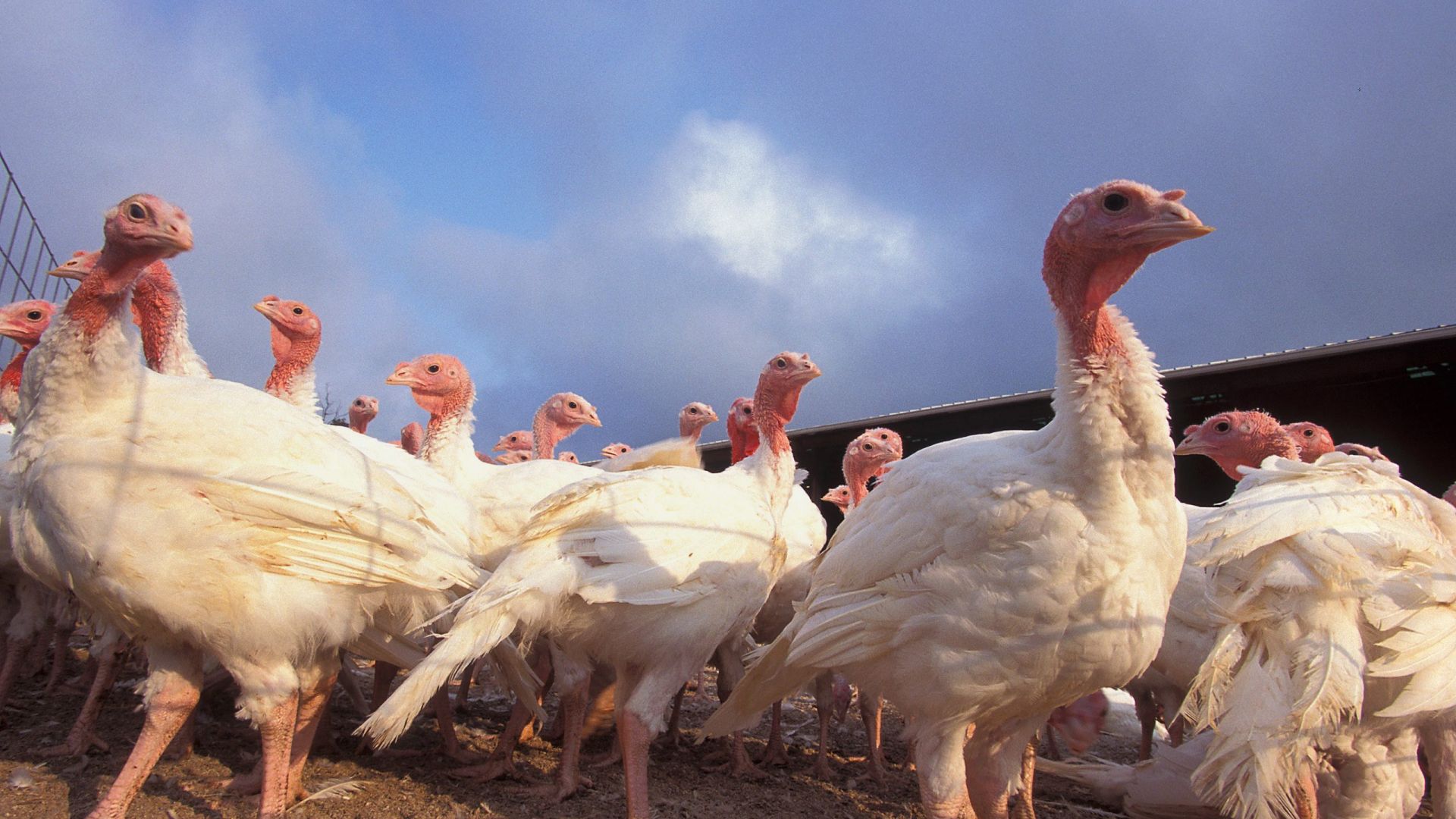Treatment for dangerous turkey disease sought in the U.S.

Understanding how histomonosis spreads through flocks could lead to better preventative measures for the deadly turkey disease. There are currently no approved treatments to prevent, treat or control histomonosis, also known as blackhead disease or infectious enterohepatitis, in the U.S. Two therapeutic drug classes used to mitigate the disease caused by single-celled parasites were banned for use in food animals due to concerns of carcinogenic residues.
The major vector for the disease is thought to be Heterakis gallinarum, more commonly known as the cecal worm, but it’s unclear how the nematode parasite gets into the body to spread the disease. The most popular theory for transmission right now is known as the cloacal drinking phenomenon. The parasite enters the lower gastrointestinal tract of the bird by cloacal contact with either parasite-containing feces or with the cloaca of an infected host. However, it’s unclear whether H. gallinum is necessary to be present for disease transmission or if cloacal contact is enough.
Danielle Graham, assistant professor of poultry science for the University of Arkansas System Division of Agriculture and Zhicheng Dou, an associate professor in the biological sciences department at Clemson University revealed that one strain of the protozoa responsible for the disease, H. meleagridis, forms cyst-like structures in the turkey digestive tract. A $3.2 million five-year grant from the U.S. Food and Drug Administration (FDA) will fund the research to find out more about the cyst-like structure and its role in histomonosis transmission.
“Developing therapeutics to combat the formation of these structures could be critical to controlling histomonosis, but first transmission must be properly understood,” Graham said. “What we’re going to do is refine what we’ve done already in vitro, confirm that in vivo and then see if we can identify targets within that cyst-like formation that could be used as a potential drug target,” she added.